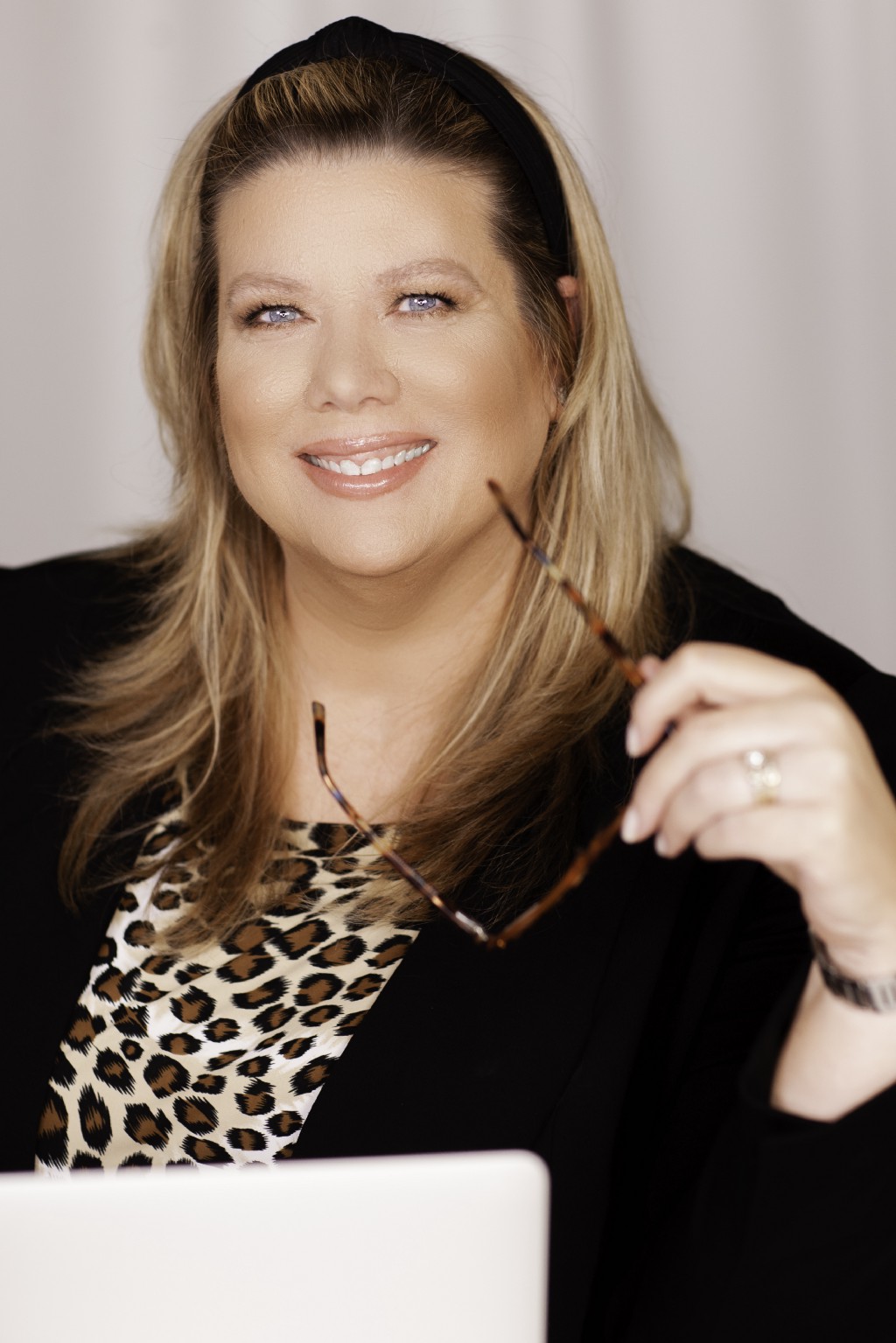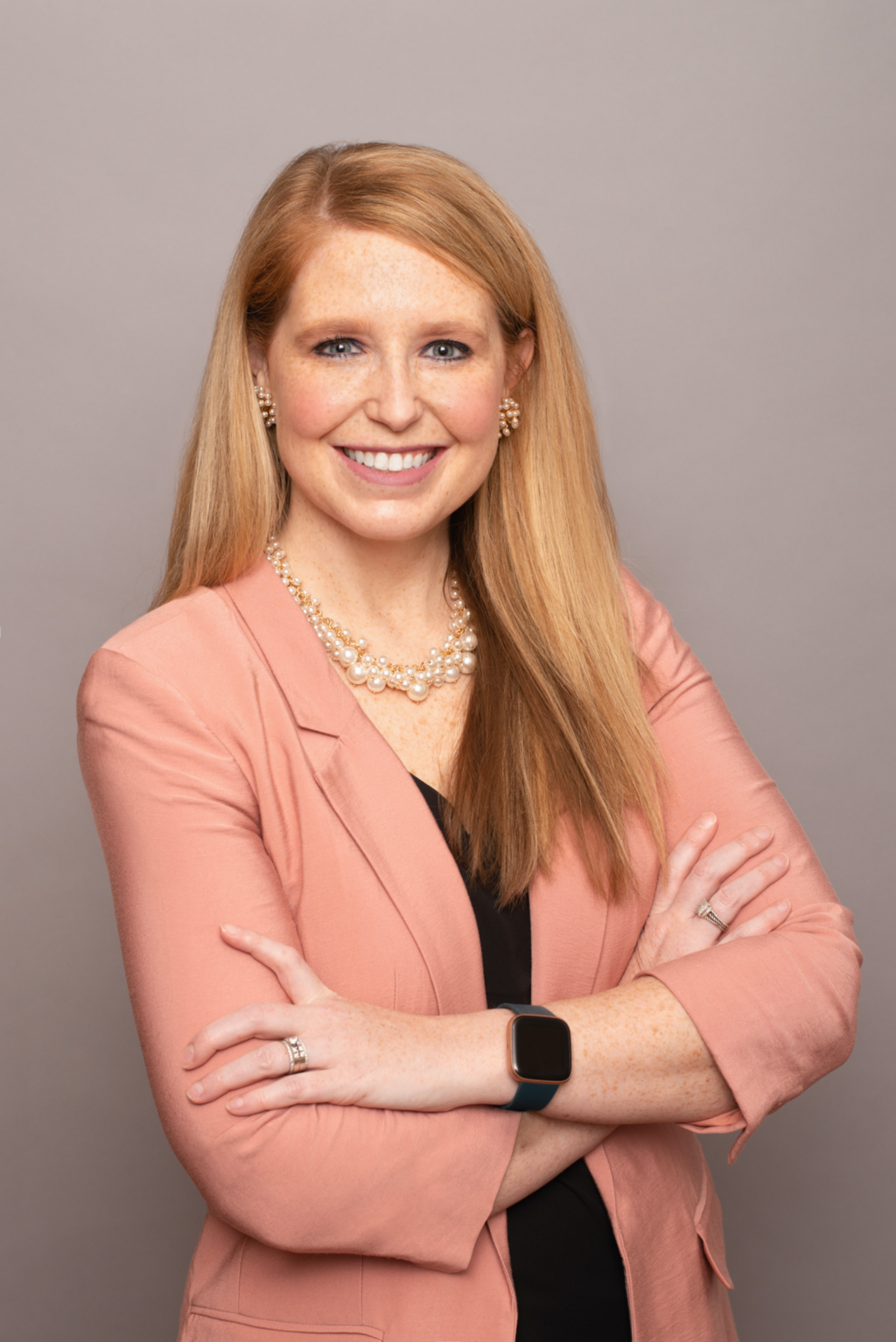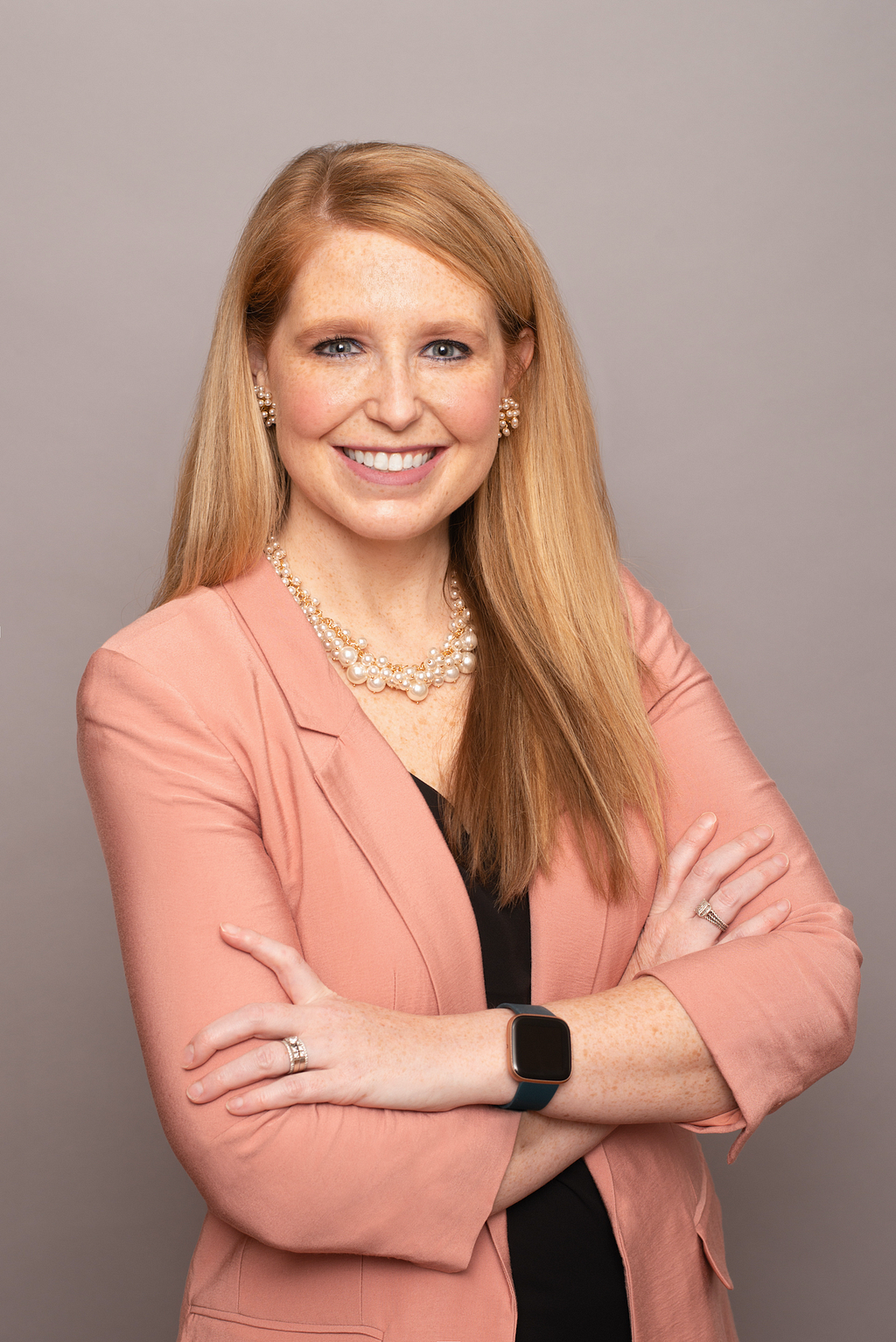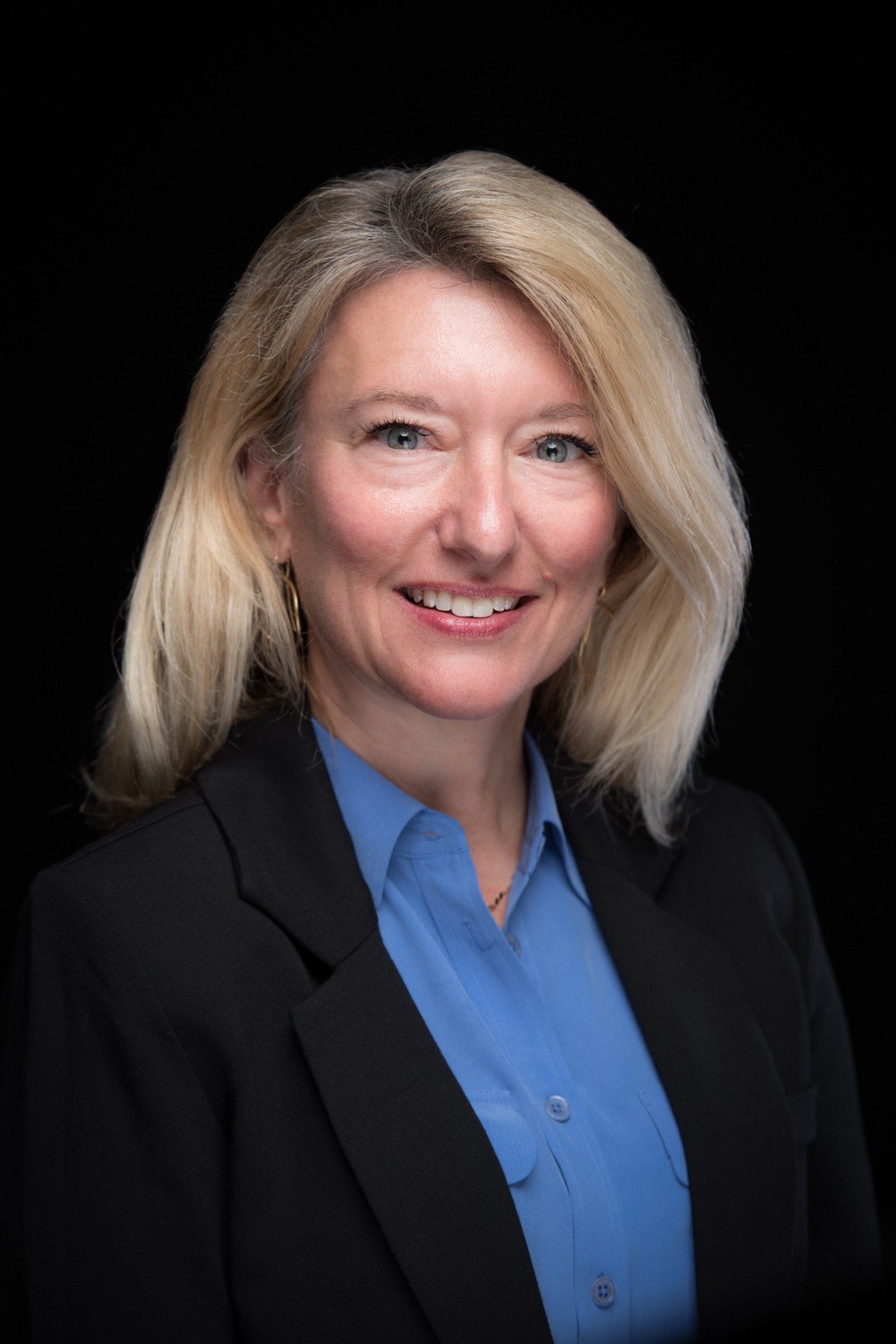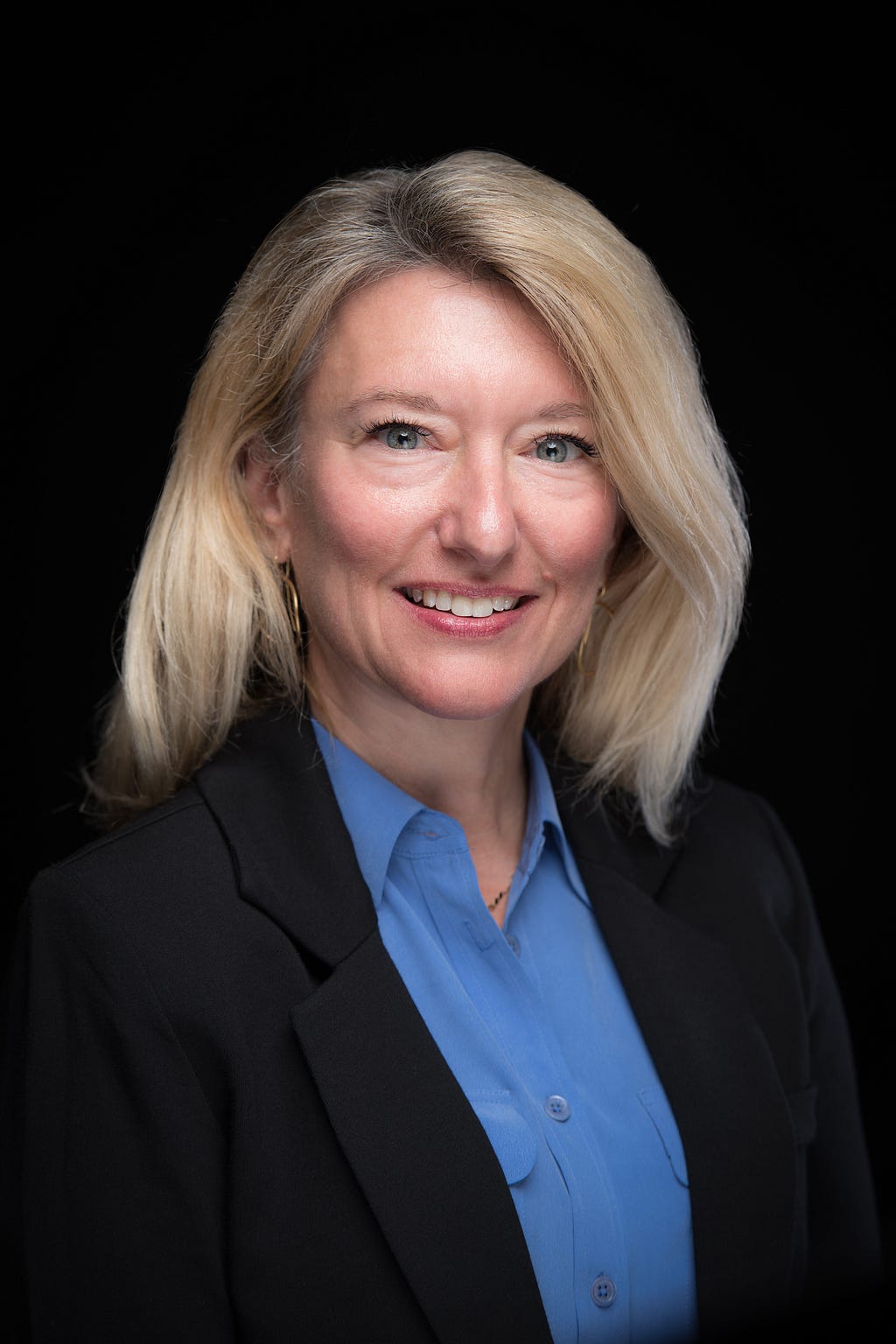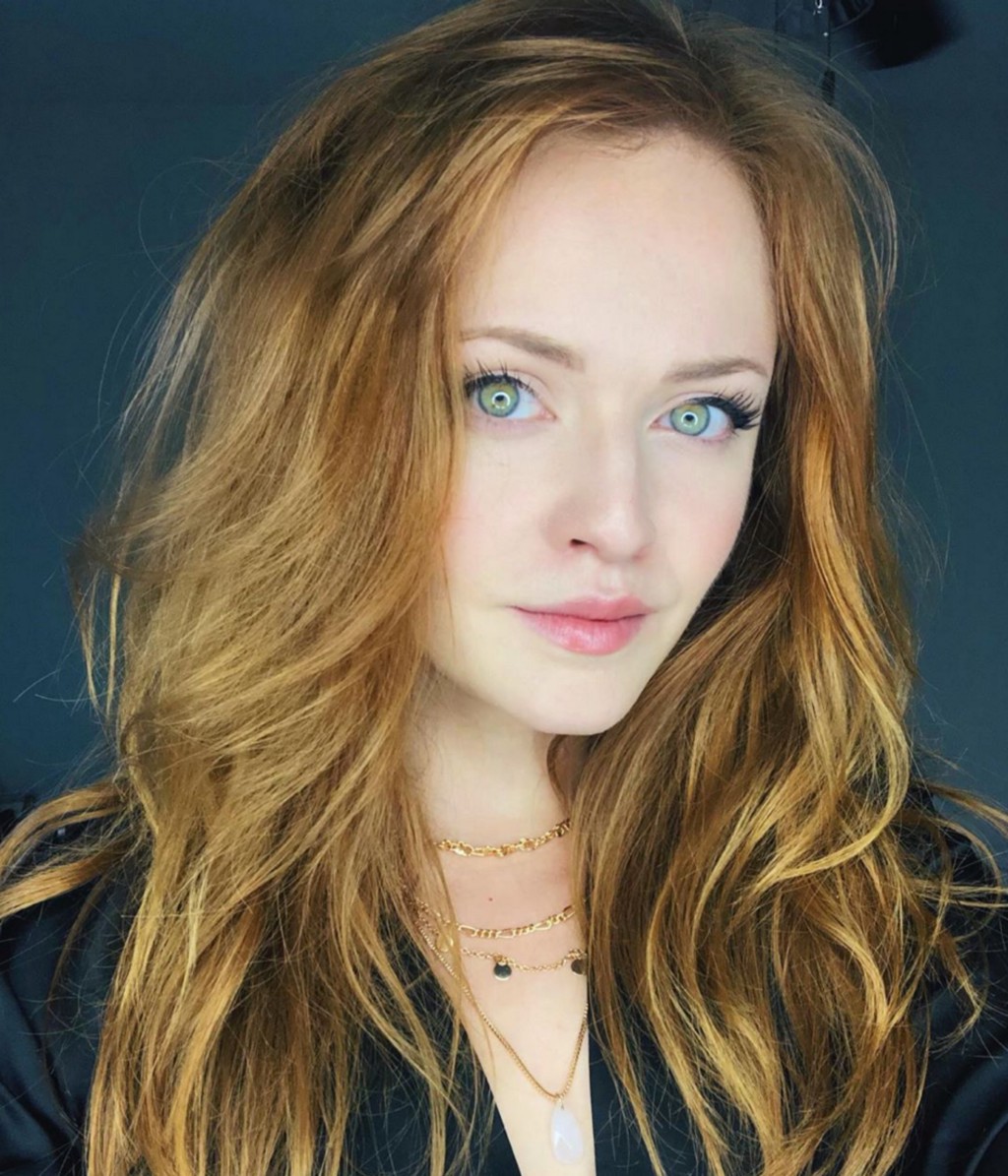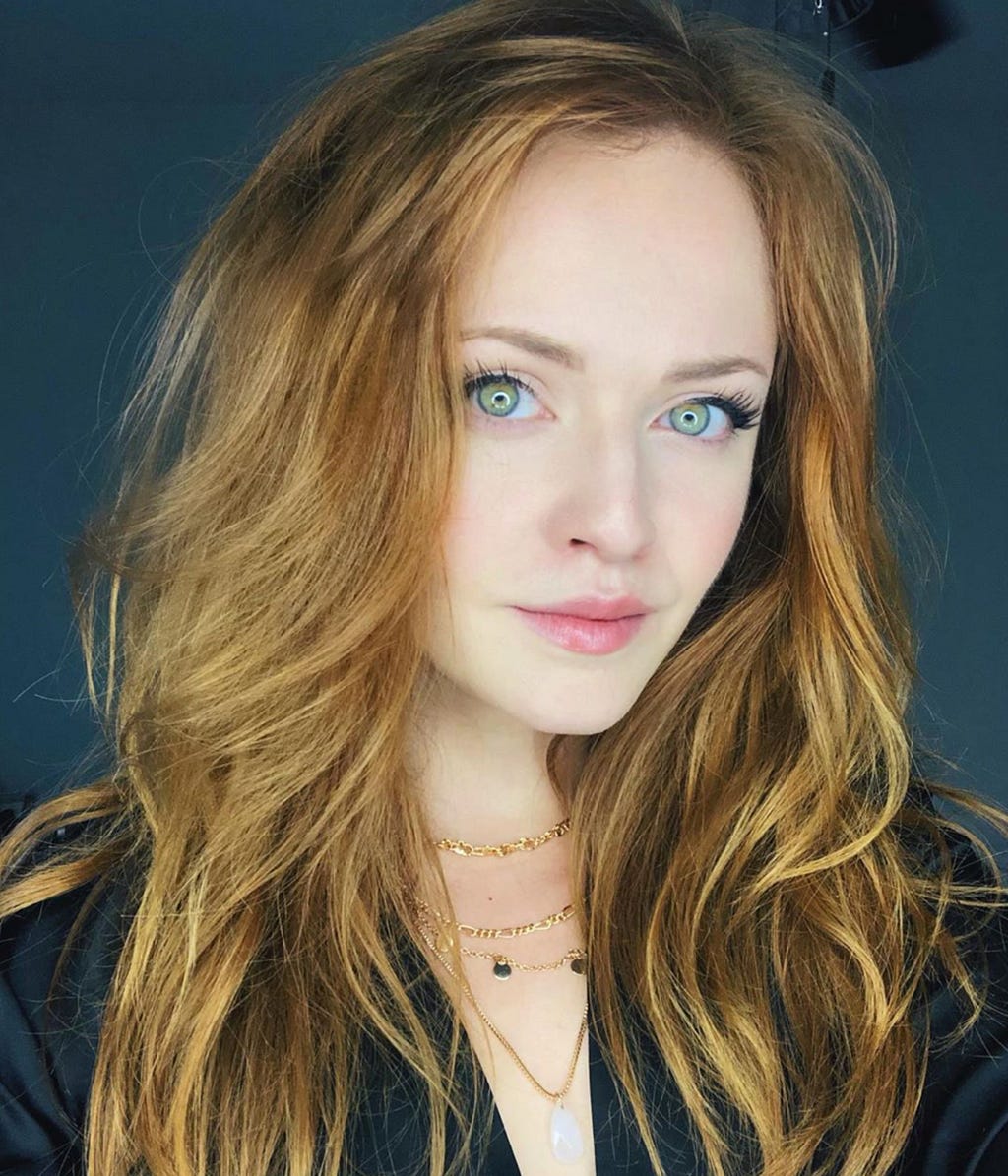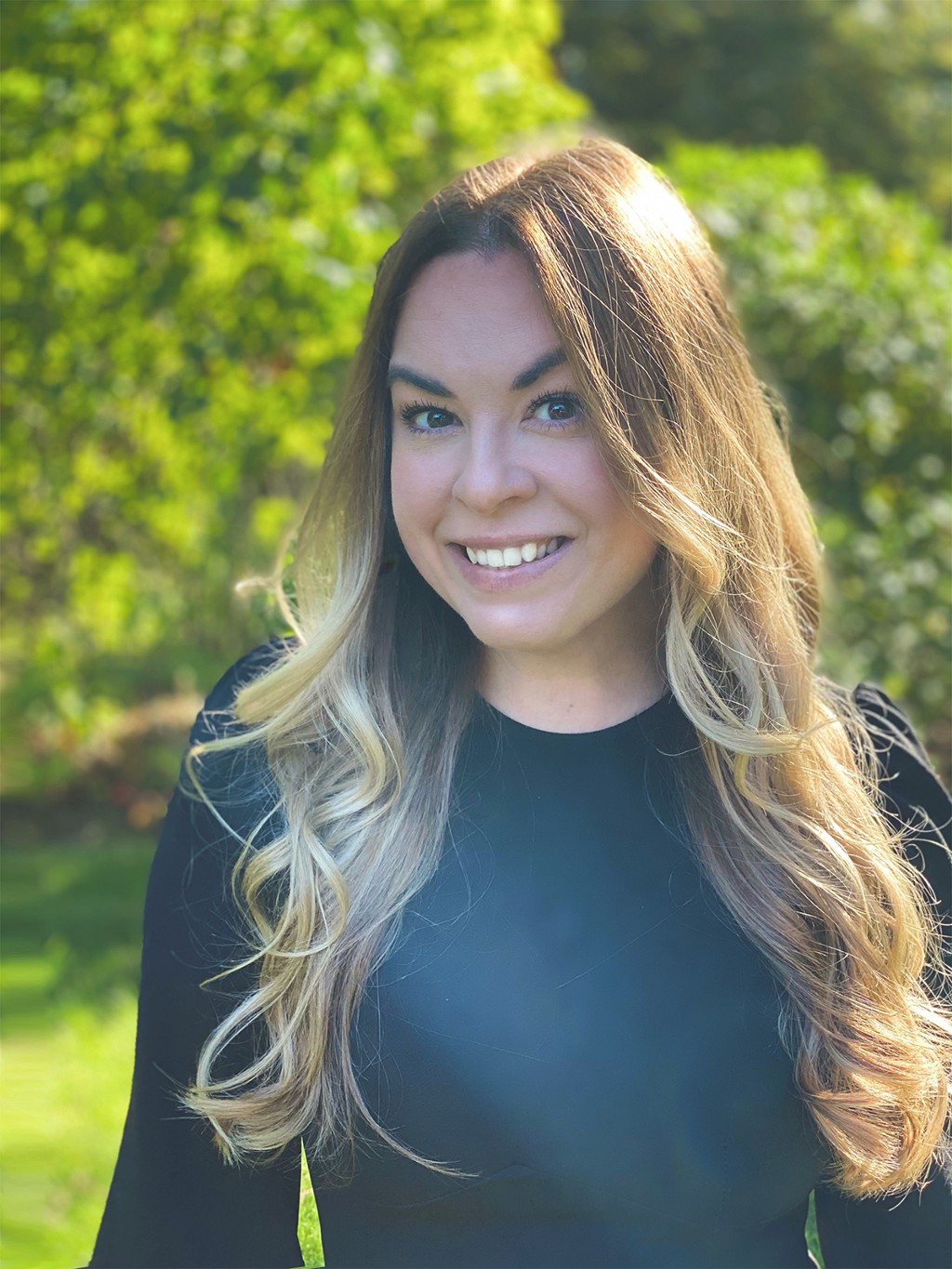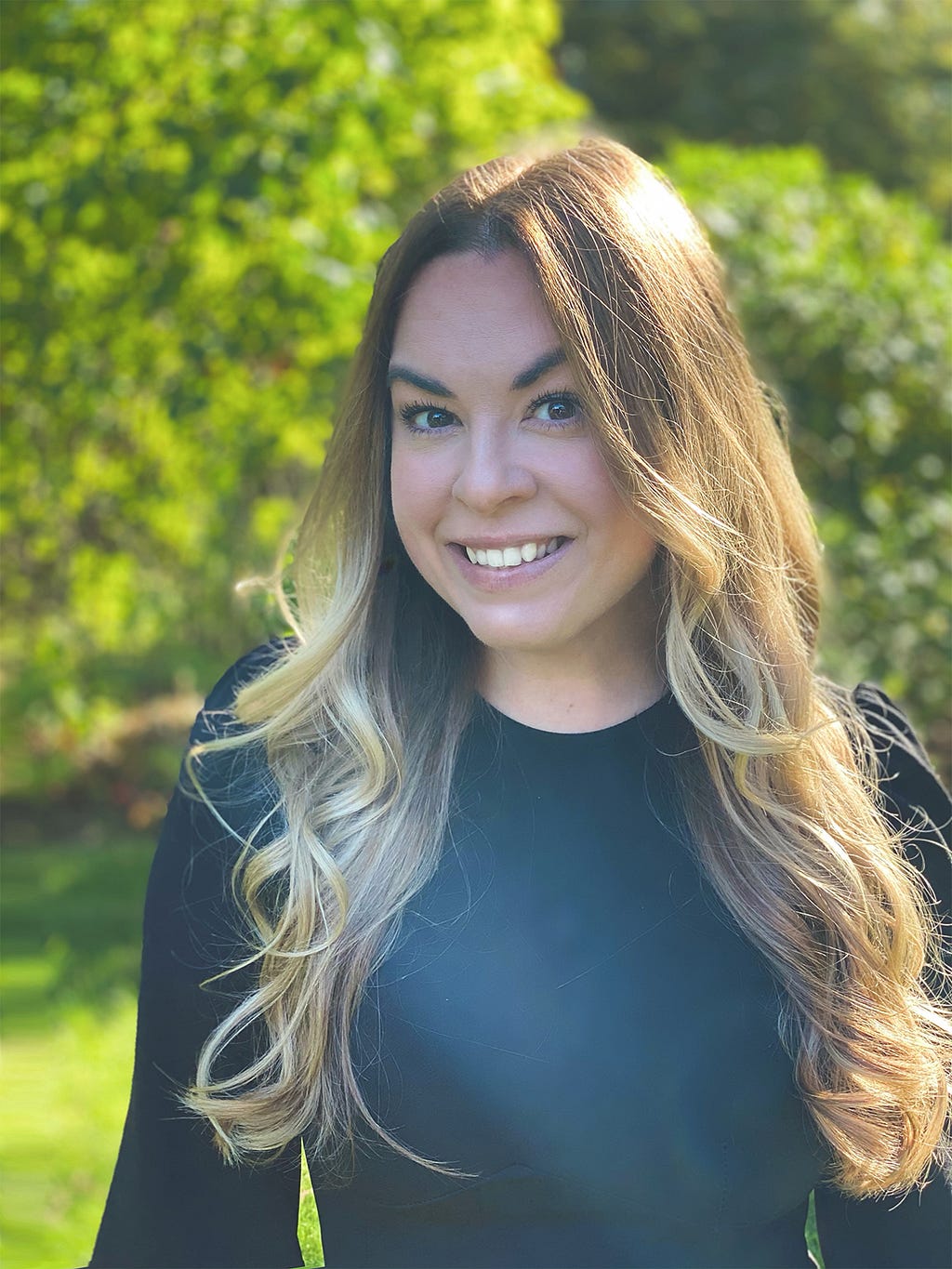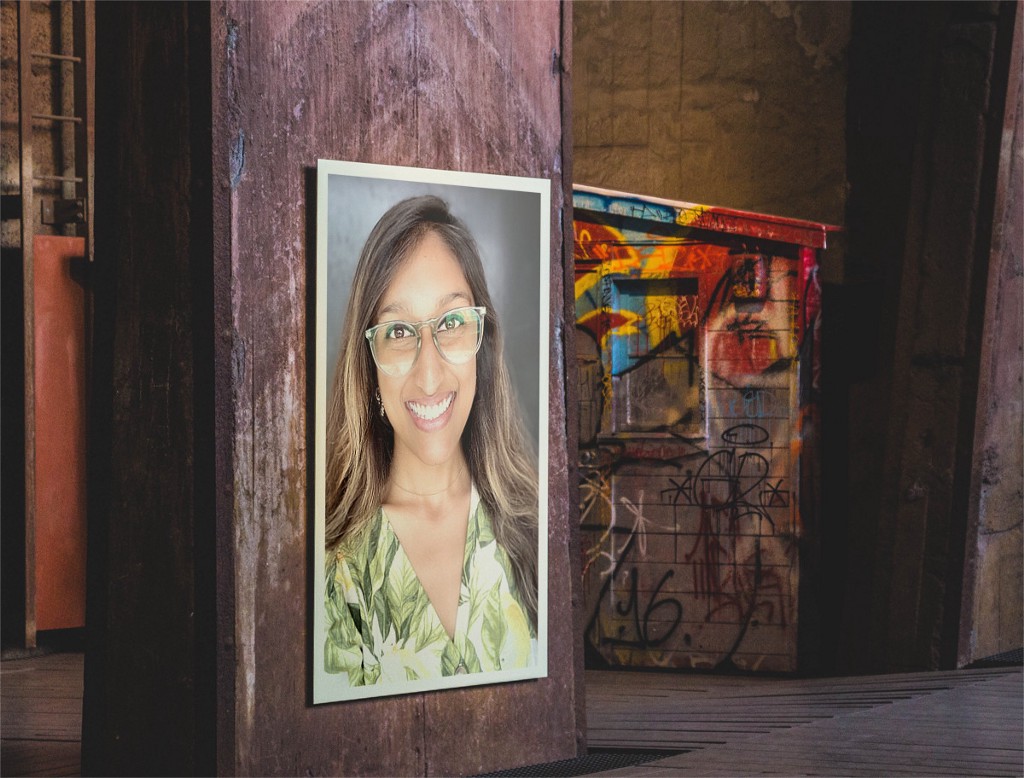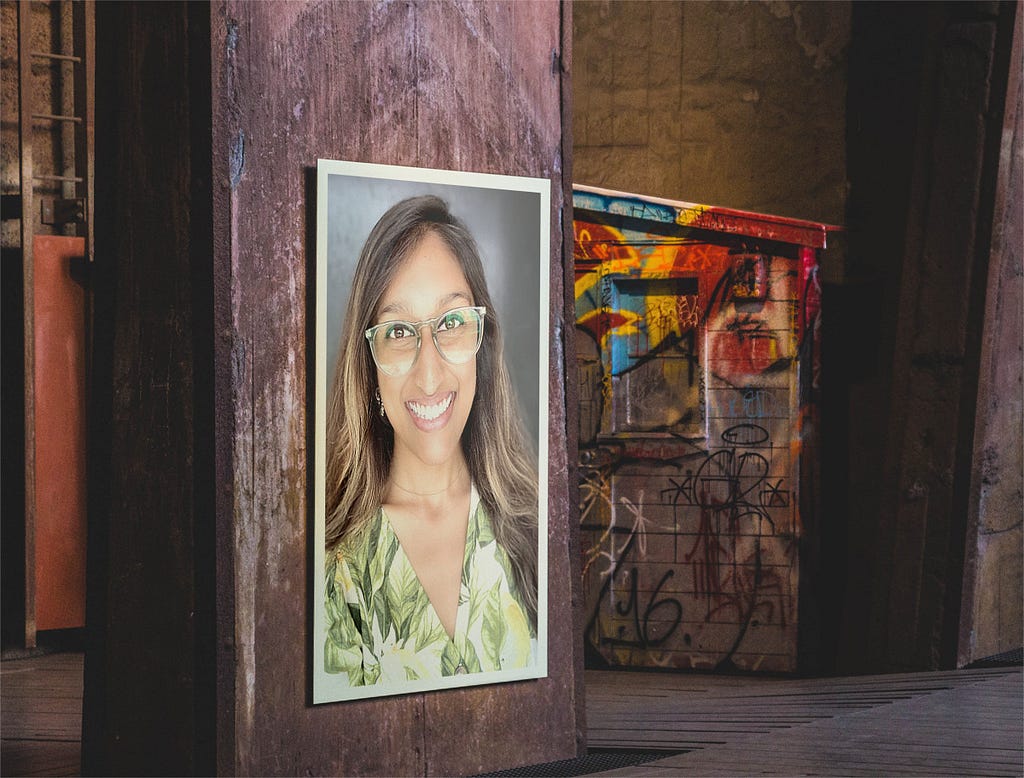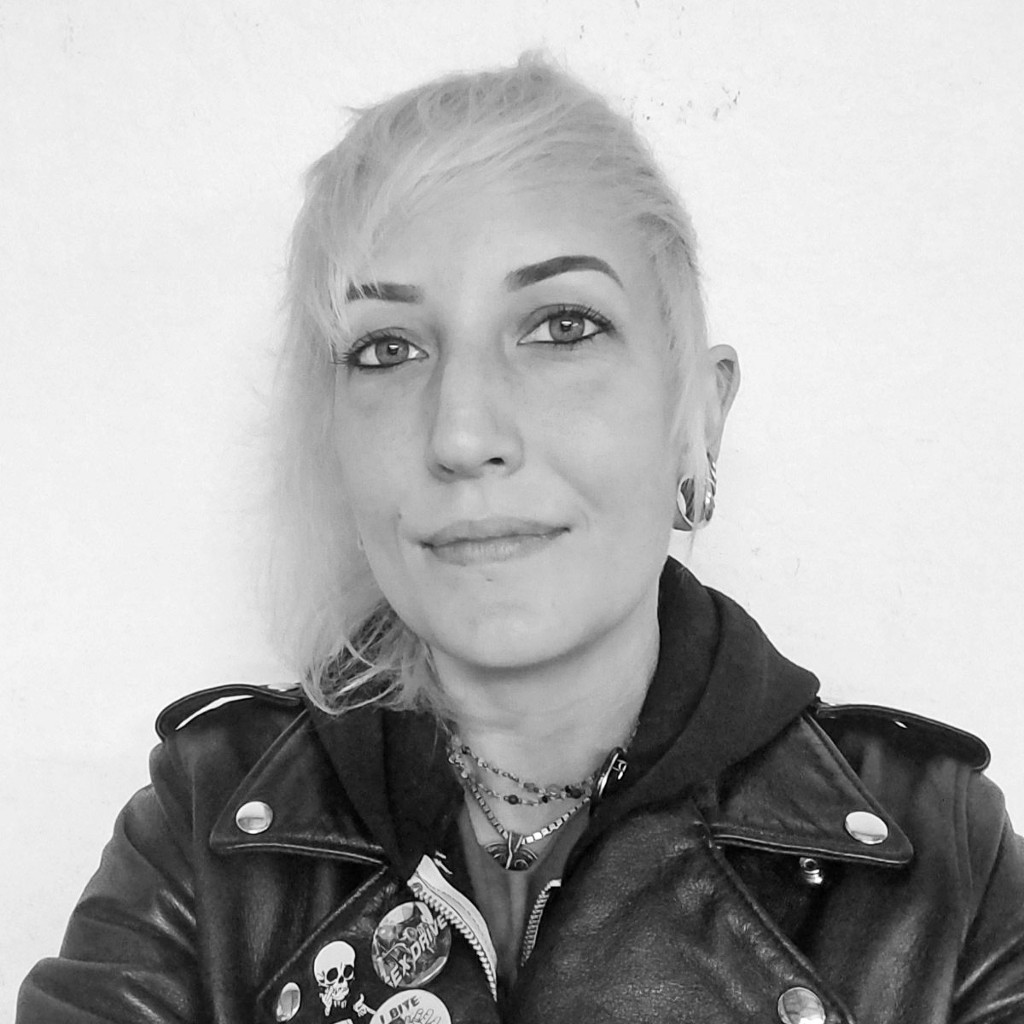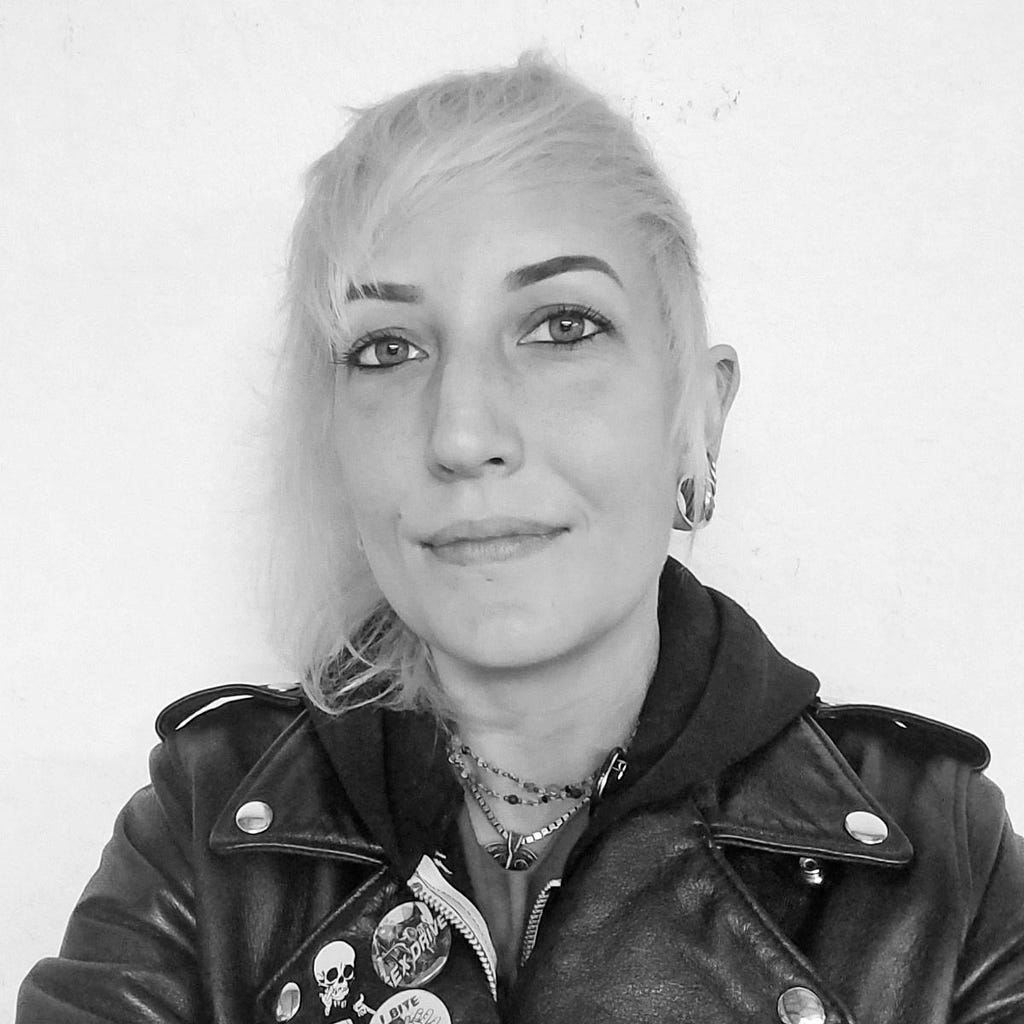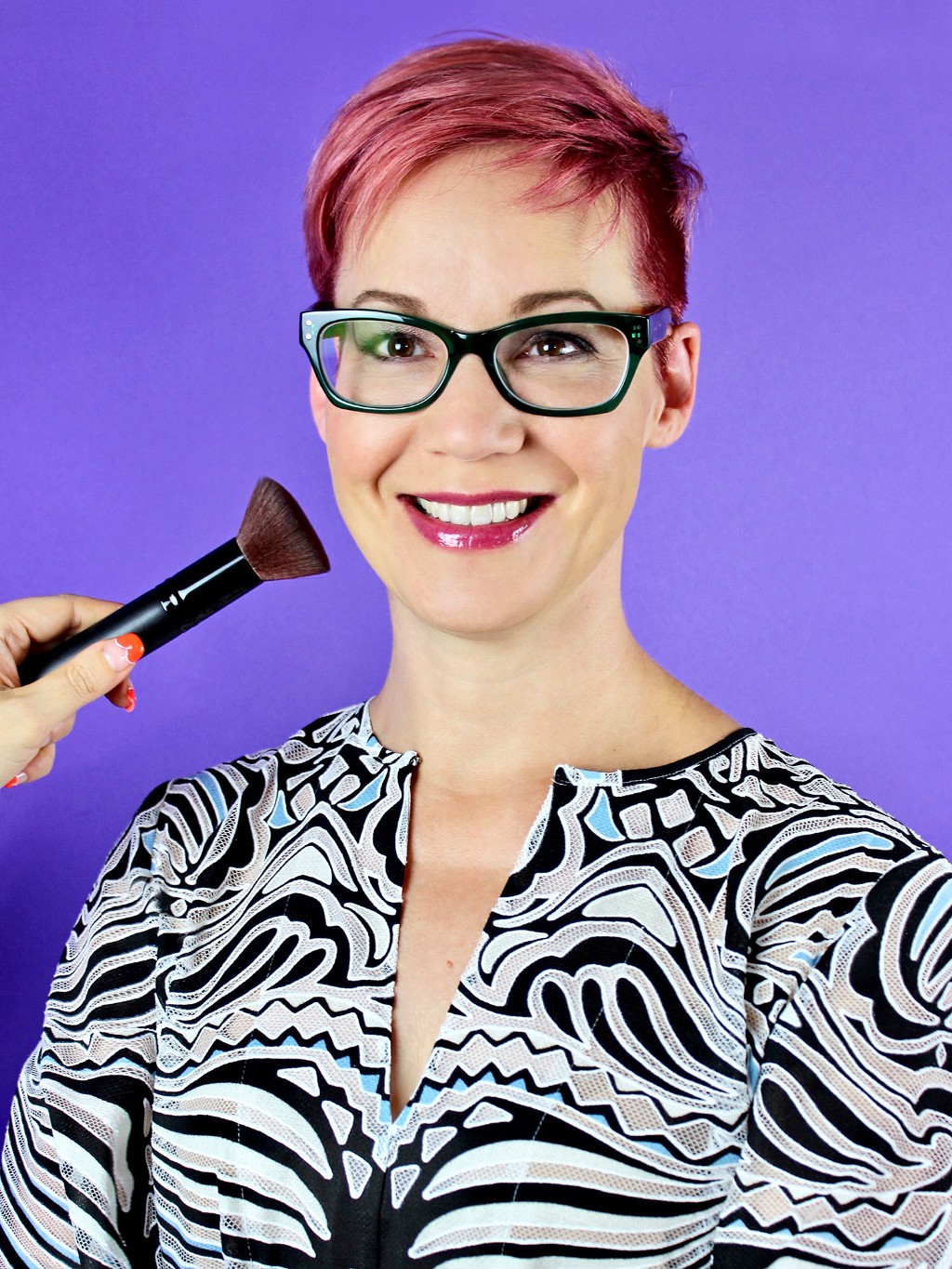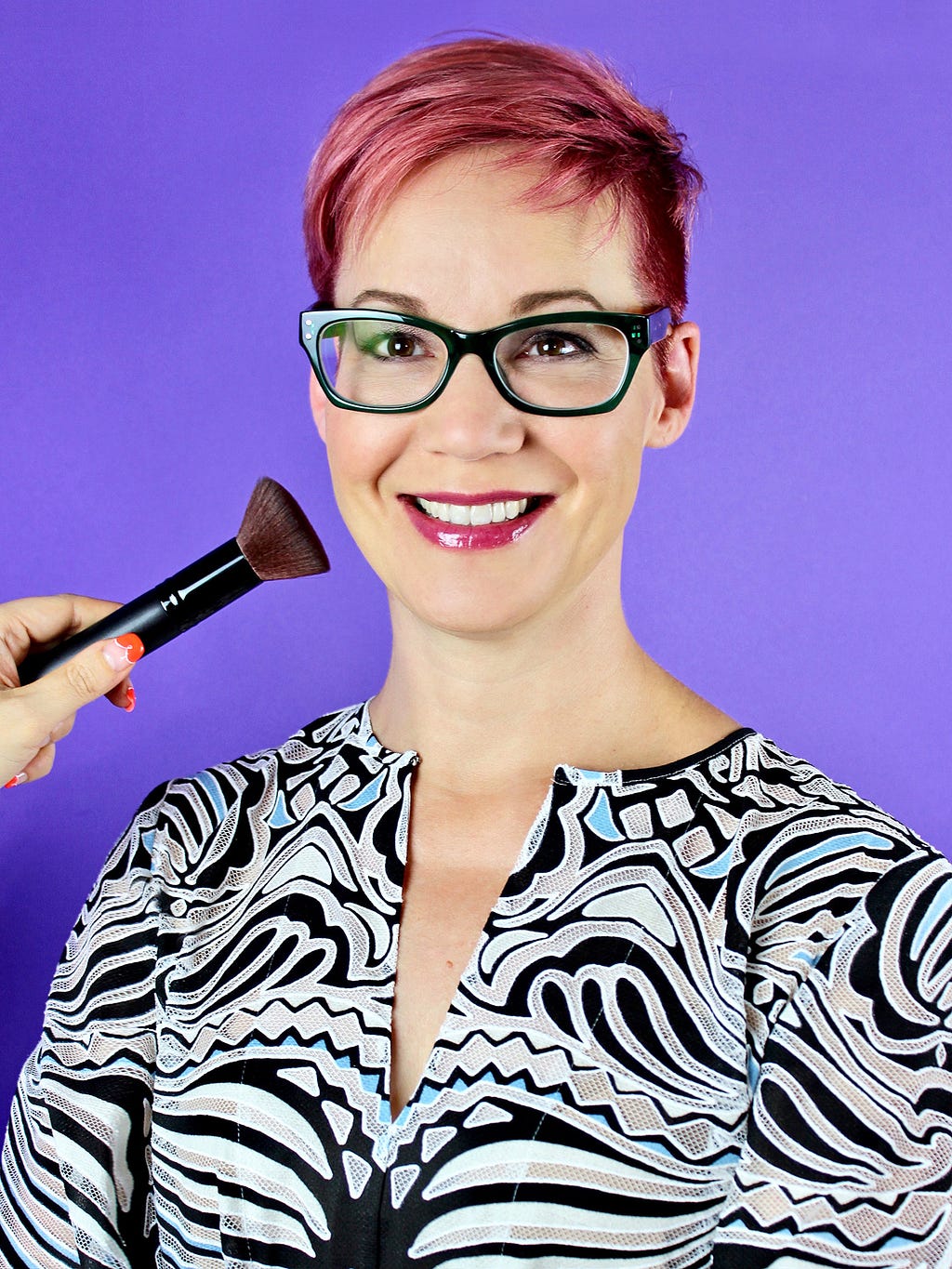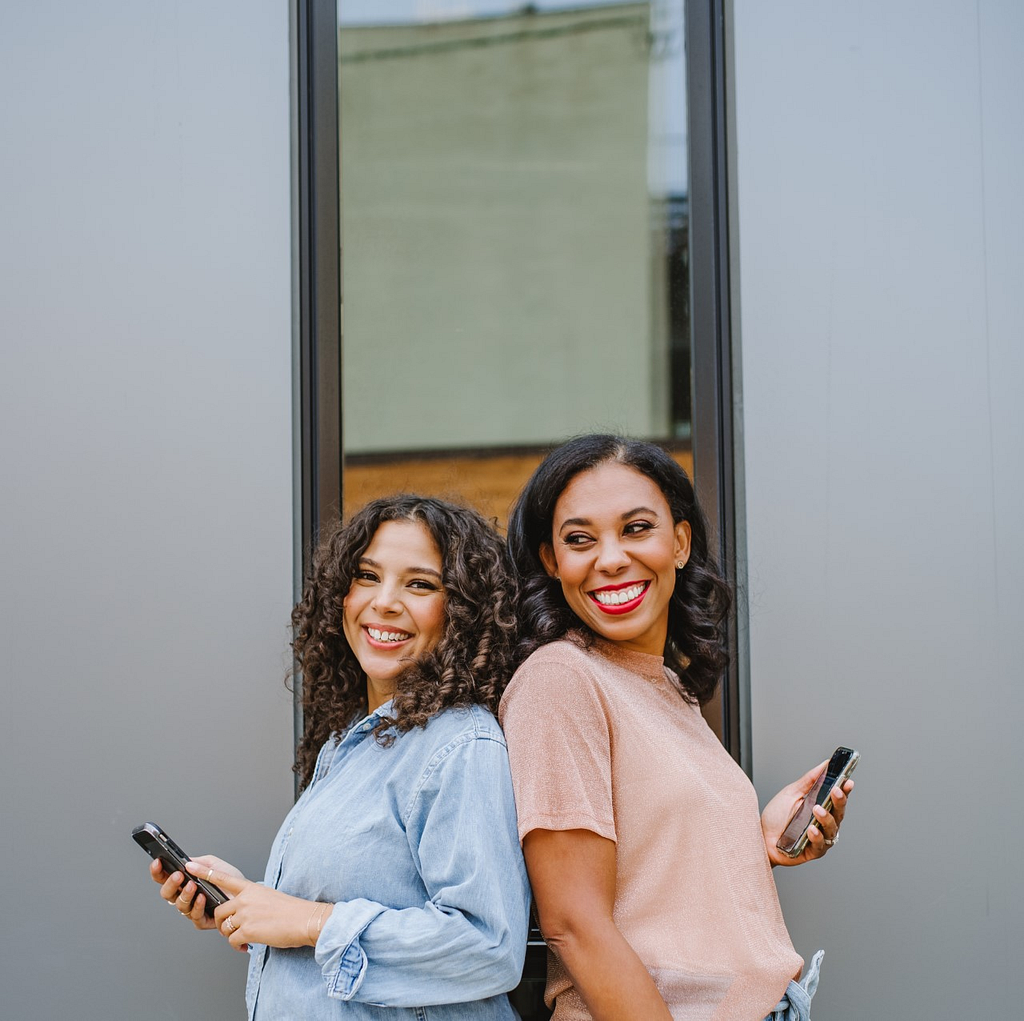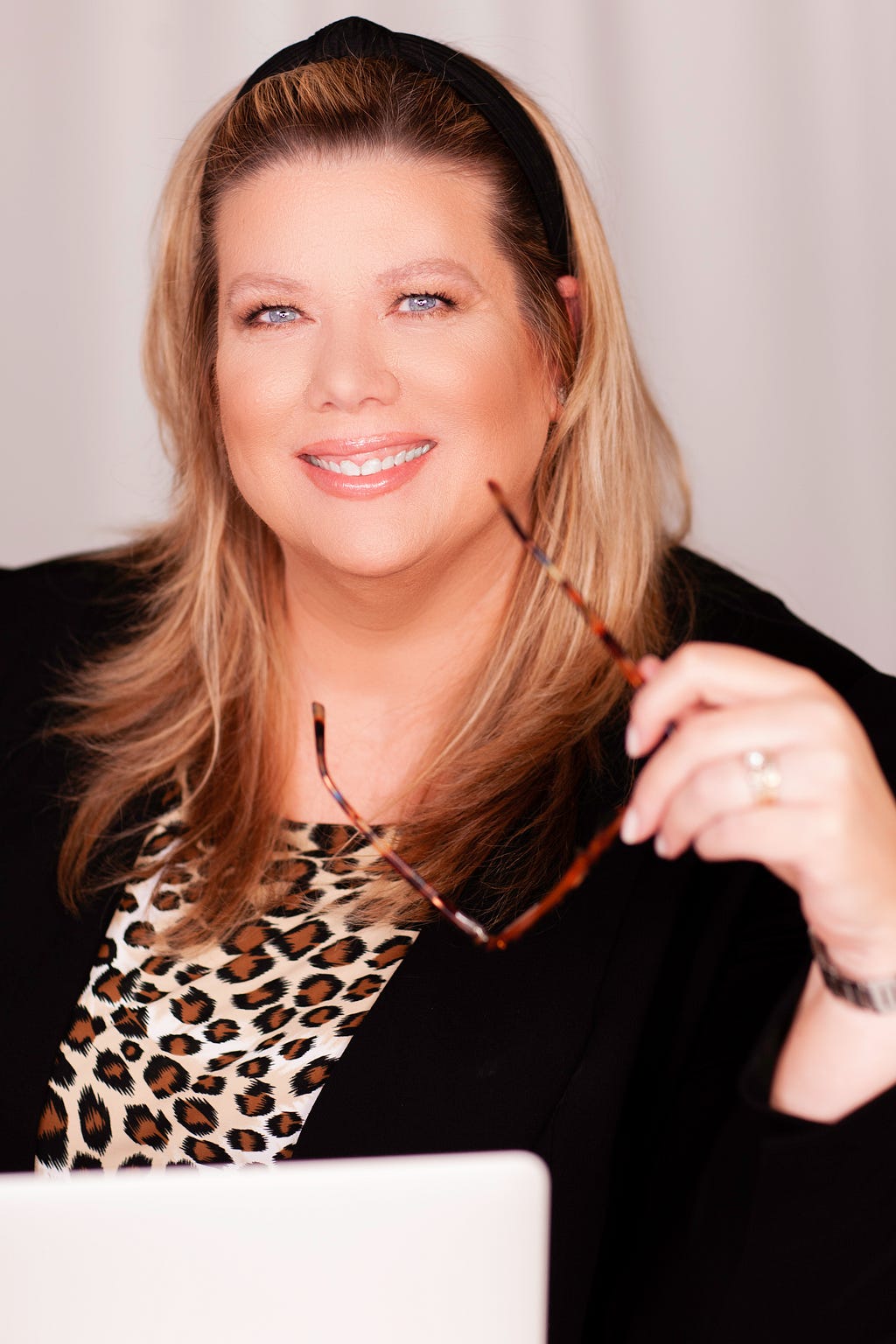
Make a list of what you are good at, what you are GREAT at. Write it all down, knowing that no one has to ever see your list. Own your greatness.
As a part of our series about how very accomplished leaders were able to succeed despite experiencing Impostor Syndrome, I had the pleasure of interviewing Maureen Borzacchiello.
Since 2001, Maureen Borzacchiello has created multi-million dollar businesses, mentored and coached women and spoken at events around the world. Her newest endeavor is her soul mission: to make a difference in the lives of women entrepreneurs by becoming a part of theirs. Creating a community which acknowledges the trials and celebrates the triumphs, while providing relevant content with actionable strategies and execution tools to facilitate progress in their businesses and most importantly, within themselves. She is an advocate for women entrepreneurs — including roles on Board of Directors for organizations supporting economic independence and entrepreneurship, as well as a consultant to large corporations regarding initiatives for small business. Learn more at maureenborza.com Borzacchiello has been featured in a variety of media including Good Morning American, The Today Show, The New York Times, The Wall Street Journal, Inc Magazine, Entrepreneur and CNBC.
Thank you so much for joining us! Our readers would love to “get to know you” a bit better. Can you tell us a bit about your ‘backstory’?
Thanks so much! I am a serial entrepreneur that spent over 20 years in the experiential marketing and live events space. Fun fact, I am the oldest of 7, who married the baby of 5, have one cool son, 14 nieces and 9 nephews! I’m a huge lover of wine, especially red wines and a bit of a coffee snob to boot! I’m all about creating amazing experiences that make an impression and leave a remarkable memory behind and… I believe in the immense possibilities of the human spirit and love travel and adventure where I can experience different cultures and people.
Can you share with us the most interesting story from your career? Can you tell us what lessons or ‘take aways’ you learned from that?
Just one? 😉 I could give you some glamorous celebrity interactions, but I guess the most useful story to tell is when we were growing and scaling and I ran out of money — we had no liquidity, a ton of outstanding accounts payables from our larger corporate clients and a large overhead. We had increased our staff and I didn’t realize (or frankly, even know to realize) the impact on cash flow. It was one of the most humbling experiences of my life. I had to sit my team down, explain what happened and how we were going to get out of the situation, but that it required all hands on deck and some people agreed to go part-time for a month while we corrected. It worked and turned out the be the most impactful situation, but in the meantime, it taught me: 1) transparency and vulnerability with your team is key 2) know your numbers and your cash flow situation at all times (and if you have no idea, have your accountant come in and show you how to run reports and evaluate) and 3) have an emergency back up financing plan in place BEFORE you ever need it. Fast forward, I was asked to tell the story to Donna Fenn (author of Alpha Dogs) and contributor for Inc Magazine and I had to swallow my pride and share, so that I could help other entrepreneurs avoid the landmine that I detonated. Fast forward two years, and McGraw Hill came calling and asked to include in a business textbook! So my problem and lesson learned was etched in history! Talk about a blow to my struggles with Impostor Syndrome!
What do you think makes your company stand out? Can you share a story?
Our signature program RealTalk for Business Growth™ is uniquely designed to support growth-minded businesses who have success, but may be struggling to accelerate it to the next level as they stagnate within the $250K-$5million revenue range. Underscoring this need, the 2019 American Express State of Women-Owned Businesses Report reveals over the last five years the number of women-owned businesses has grown by 21% compared to 9% growth of overall businesses during the same period, yet only 12% exceed $100k in revenue and 1.7% ever achieve $1M in annual revenue.
There is an abundance of information available online, which can be overwhelming, so we’ve made it more efficient for women by pulling together what they need to take their businesses and lives to the next level. Being authentic is key to the RealTalk journey. I personally had to overcome Imposter Syndrome and shake off the stigmas associated with asking for help. Doing so was incredibly empowering; it changed the game for my business and in-fact contributed to achieving our first million in revenue. I started this program so more women can experience this forward motion and lift others up along their way.
None of us are able to achieve success without some help along the way. Is there a particular person who you are grateful towards who helped get you to where you are? Can you share a story?
Isn’t that the truth? There have been many wonderful people who have contributed to my success. One person in particular that I am so grateful for is Susan Sobbott. During her time as the President of Global Corporate Payments at American Express, she sponsored a program for women entrepreneurs. As an awardee in the pilot year of that program, and the years to follow, I had the opportunity to get to know Susan. In addition to the learnings and takeaways from the program and access to experts, I gained insight into the power of mentorship and my desire and passion to help other women was born. It led to my participation in a variety of efforts, organizations and programs to support women’s economic independence and business success. It also led to having the gift of Susan’s friendship and mentoring, observing her leading by example and now, the gift of her serving as an Advisor to me with my newest venture. I was always amazed at how Susan led her organization. How she innovated and supported programs for small business owners including the creation of Small Business Saturday and ShopSmall which brought illumination and focus to the impact that buying from small businesses has on our economy, on communities and on job creation in the US. Her willingness to push beyond the norm, to create programs and products that had such impact, was inspiring. My success to push for more, to innovate, to create alignment within my own small team as well as to find a passion for what was important to me and invest the time to make a difference, were some of the many gifts that I have gained from knowing Susan Sobbott. I will always be grateful for her support, her encouragement and her belief in the possibilities of making a difference. I feel like she’s the “butterfly whisperer” — helping women go through their own personal metamorphosis to impact change.
Ok thank you for all that. Now let’s shift to the main focus of this interview. We would like to explore and flesh out the experience of Impostor Syndrome. How would you define Impostor Syndrome? What do people with Imposter Syndrome feel?
I would define Impostor Syndrome as self-doubt of someone’s value, accomplishments, skill set, brilliance or gifts. People who suffer from Impostor Syndrome tend to put achievements into the category of “luck” and fear, when they should celebrate deserved success with pride. In fact, many people feel that if people “really knew who they were”, they would be discovered to be a fraud. People with Impostor Syndrome share feelings of fear, anxiety, overwhelm, doubt, even guilt or shame, that they don’t deserve to be (fill in the blank — successful, in a great relationship, a parent…). Funny enough, many overachievers suffer from Impostor Syndrome.
What are the downsides of Impostor Syndrome? How can it limit people?
Impostor Syndrome can have a negative ripple effect throughout your life — both professionally and personally. It can limit your willingness to take risks and truly experience life. People with Impostor Syndrome tend to negate compliments or achievements, which can project a lack of confidence. There’s a big difference in being humble vs. negating or downplaying a compliment; by default, you make the other person wrong. In the context of business, the world expects a business leader to project confidence, so the inability to own your gifts, your greatness or your achievements sends the wrong message to your team, your sphere of influence, your clients and can certainly limit your success path in life. Impostor Syndrome limits your ability to personally recognize and acknowledge the things that you do well, and ultimately the way that you show up in this world.
How can the experience of Impostor Syndrome impact how one treats others?
If fear, guilt, shame, and lack of confidence are drivers for Impostor Syndrome, it’s easy to see that interpersonal relationships can be impacted as well. The experience of how the person suffering from Impostor Syndrome shows up in the moment and treats others can range from disconnection and self-deprecation, to overreaction and paranoia, to dismissive and abrupt. The unintentional projection of one’s feelings around Impostor Syndrome can create consequences that exacerbate the feelings associated with the syndrome.
We would love to hear your story about your experience with Impostor Syndrome. Would you be able to share that with us?
There are several that come to mind but for the sake of time, I’ll share two that are interconnected, but completely different in how the Impostor Syndrome showed up. As a small business owner, 2006 became a significant year — a year that I almost ran out of cash because we were growing quickly (guilt and shame) but then made a huge pivot and ended up not only recovering, but surpassing our first $1Million in sales. I was given a bottle of Dom Perignon champagne from a friend, to celebrate this milestone. It was a big deal. In the US, only 1.7% of women owned businesses ever get to that level of revenue or beyond. The champagne sat in my little wine refrigerator for two years. Each time my friend excitedly asked if I popped the cork to celebrate, I downplayed the victory. II didn’t take a moment to say, “heck yeah, we ended up slaying this year by tripling our revenue from the year prior and surviving a near miss crisis!” Guess what happened? That friend stopped asking. She was so excited for me and what my team and I achieved, but for me, my Impostor Syndrome was making me feel like I needed to repeat the success and prove that it wasn’t a fluke. We continued to grow year over year and became a multi-million dollar company. Related to that, I’m a big vision board fan. I had a photo of a new car on my vision board, taped to my computer screen etc. for almost two years. I had a specific revenue goal attached to it and when I achieved it, I went and got the car. I love cars and always have. It was symbolic to me of what I busted my ass to earn. However, I found that when people would compliment the car, I would find myself downplaying it, instead of just saying thank you. It took me at least a year to get to the point where I could just own my success and if someone made a comment, just say thanks.
Did you ever shake the feeling off? If yes, what have you done to mitigate it or eliminate it?
There is hope! It comes with acute awareness and the ability to catch myself when I have those moments of Impostor Syndrome creeping in. It also came with lots of self-discovery and the realization that many of the drivers — the fear, the guilt, and the ability to recognize that they were not true. They were stories that I was allowing to control the narrative in my mind that had no basis of truth.
In your opinion, what are 5 steps that someone who is experiencing Impostor Syndrome can take to move forward despite feeling like an “Impostor”? Please share a story or an example for each.
I’ve coached and/or mentored women for years and the common denominator for many successful women is Impostor Syndrome. In fact, research shows that professional women and entrepreneurs suffer significantly from Impostor Syndrome. Here are some steps that you can take to cope and move forward:
Step 1: Make a list of what you are good at, what you are GREAT at. Write it all down, knowing that no one has to ever see your list. Own your greatness.
Here’s an example: Joanne works for a Fortune 50 company and got wind that a leadership position was opening up. She mentioned that she wasn’t going to bother applying because that role was historically filled with men. I challenged her and asked her to break down the qualities and skills that the role required, then had her go through and identify how she matched up. She was a perfect fit. That lens and a little confidence boost to go for it and try, helped her move through the paralysis of Impostor Syndrome and yes, you guessed it, she got the promotion!
Step 2: Reach out to a few of your inner circle peeps and ask them what they think your biggest strengths are — be quiet, don’t interrupt them and let them speak. When they are done, say THANK YOU! Don’t negate what they said. Take it in, absorb it and let it validate what you probably had on your list already. I had to learn this the hard way. About 10 years ago, I took a course on leadership development and one of the exercises required me to reach out to 10 people that know me well and get feedback. They were advised that the survey would compile the results and their feedback would be anonymous regarding the specificity of their comments. The experience was validating but the most poignant comment that came out of it was, “I wish she could see how others see her — her strength, her brilliance and strategic mind and her huge, compassionate heart.”. I was beyond humbled, but the point was, that I was overlooking what others saw and this exercise debunked every possible fear or story around my Impostor Syndrome that I was telling myself.
Step 3: Create a coping mechanism: How can you stop yourself or catch yourself and identify when those Impostor Syndrome thoughts kick in? As a New Yorker, the mechanism is a voice in my head that literally says “STOP, are we doing this?” Figure out what works for you — find a way to catch the thoughts before they have time to do damage.
Step 4: In the moment, when you start having feelings and thoughts and you recognize what’s going on (from Step 3) do some quick analysis. Ask yourself, what’s the story? What am I feeling? Is this true? What is the real truth to the situation? Ask yourself: How can you own your power, your skill, your value? My ability to ask myself these questions was so valuable to me in learning how to navigate. I have shared this technique with many women who have experienced immediate relief from debunking the lie, the story that was never true but was at the root of their Impostor Syndrome. It doesn’t go away, but it’s so manageable when you get it all in context, have coping skills and a way to navigate through it.
Step 5: Take Action. Figure out what steps you can take to move through your bout of Impostor Syndrome. I was talking with a client last week — she’s a mom to five-year-old twins, has a successful business and was feeling overwhelmed and like a total failure in both. Why? Because her clients were demanding time on her schedule, her husband’s work schedule was overlapping with Covid-19 home schooling and she felt that she was juggling it all and not doing anything well. At the root of the issue was scheduling and learning to say “no” to things that didn’t align with her priorities in the moment. The solution? Create a schedule of availability that blocked time for the twins and family obligations, time for HERSELF (which is a subject for another day) and time for her clients and business appointments. Then, releasing the availability accordingly and being able to say to her clients for example, that on Tuesday at 4 PM she’s booked. The client doesn’t need to know that she’s booked to sit with her twins doing a Zoom ballet class. You get the point, it’s optics and managing your priorities. She sent me a note a few days later, saying how empowering it has been and how the guilt is gone and she’s feeling like the badass Mama and Entrepreneur that she knows she is.
You are a person of great influence. If you could inspire a movement that would bring the most amount of good to the greatest amount of people, what would that be? You never know what your idea can trigger. 🙂
I’ve just founded and created my passion project for women entrepreneurs — RealTalk for Business Growth — a platform combining content, community and connections for established businesses looking to grow and scale to the next level and create the businesses of their dreams. While at the same time, leveraging a community of like-minded women who speak their language, where women can be vulnerable and celebrate the chaos, the mess AND the victories. My dream is to make an impact for women globally, in both their businesses and their lives, and that this movement takes more women-owned businesses beyond the $1Million threshold.
We are blessed that some very prominent leaders read this column. Is there a person in the world, or in the US, with whom you would love to have a private breakfast or lunch, and why? He or she might just see this, especially if we tag them 🙂
I would LOVE to have a private breakfast or lunch with the Queen of Compassion herself, Ms. Oprah Winfrey! She has been number one on my bucket list for the last 25 years. She’s just such a successful entrepreneur, has overcome obstacles, shared her personal development and growth with the world, remained curious and open to learning and exploration, and has used her success, position of power and influence to make a difference in this world….Philanthropically, emotionally, spiritually and socially — she’s just an amazing human being. If I could make a quarter of the ripple that she has in this world, I would know that I’ve accomplished something remarkable. So, tag away! #lifegoalofmeetingoprah
How can our readers follow you on social media?
FB, IG and Twitter: @maureenborza
I have a free Facebook group for women entrepreneurs: https://www.facebook.com/groups/1466011170262937
LinkedIn: https://www.linkedin.com/in/maureenborzacchiello/
This was very inspiring. Thank you so much for joining us!
Thank YOU! It was my pleasure. Grateful for the opportunity.
Maureen Borzacchiello: How To Thrive Despite Experiencing Impostor Syndrome was originally published in Authority Magazine on Medium, where people are continuing the conversation by highlighting and responding to this story.


